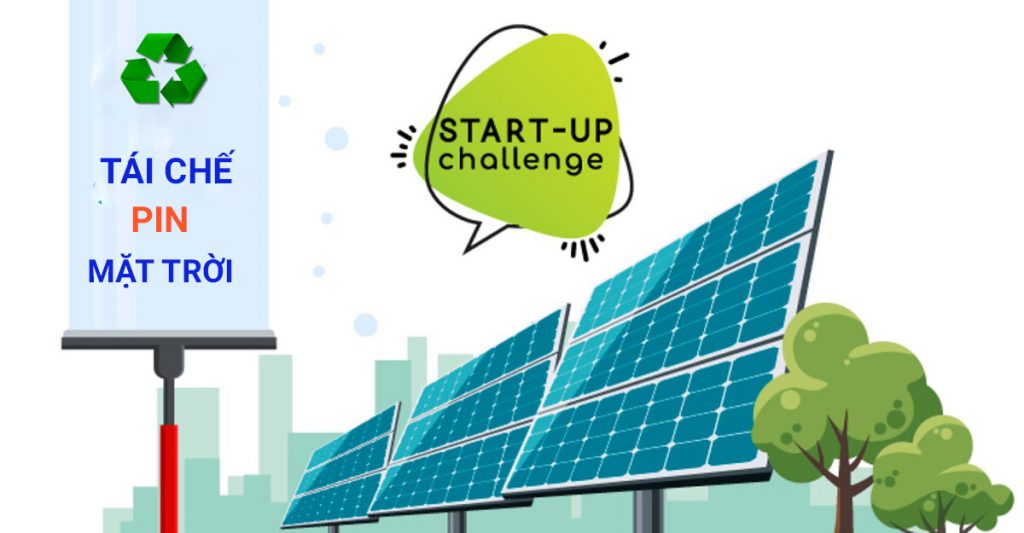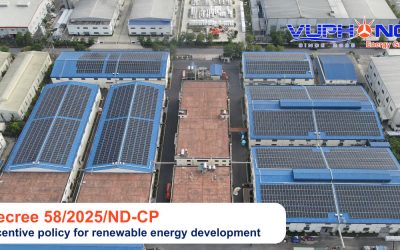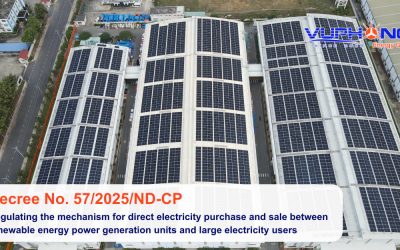
Solar energy is an important source of renewable energy that is gaining increasing popularity around the world. Solar panels are a crucial component of solar energy systems, as they convert sunlight into electricity. However, as the number of solar panels being used increases, so does the issue of solar panel waste. To address this problem, solar panel recycling has emerged as a viable solution. In this article, we will explore the importance of solar panel recycling and how we can make it happen.
- Circular economy development – An inevitable trend for green growth goal
- Textile enterprises strive to transform to adapt to new standards
Why Solar Panel Recycling Is Important
Solar panels are made up of various materials, including silicon, glass, and metals such as aluminum and copper. While these materials can be recycled, not all solar panels are being recycled today. As a result, a significant amount of solar panel waste is being generated every year. This waste can have a negative impact on the environment and pose a potential health hazard if not disposed of properly.
By recycling solar panels, we can reduce the amount of waste generated and conserve natural resources. Recycling also reduces the amount of energy required to produce new solar panels, which can help reduce greenhouse gas emissions. In addition, recycling solar panels can create jobs and stimulate economic growth in the recycling industry.
How Solar Panel Recycling Works
The process of solar panel recycling involves disassembling the panels and separating the various materials for recycling. The first step is to remove the frame and the glass from the solar panel. The cells and wiring are then removed, and the cells are separated from the wiring. The cells are then processed to remove the encapsulant and metal contacts, leaving behind the silicon wafers. The silicon wafers can then be melted down and used to make new solar panels.
Challenges to Solar Panel Recycling
One of the main challenges to solar panel recycling is the lack of a standardized recycling process. Different manufacturers use different materials and construction methods, which can make it difficult to recycle the panels efficiently. In addition, the cost of recycling can be high, and there is currently no regulatory framework to ensure that solar panels are being recycled properly.
To overcome these challenges, it is important to develop a standardized recycling process and establish regulations to ensure that solar panels are being recycled properly. In addition, incentives such as tax credits and subsidies can help encourage the recycling of solar panels and make it more economically feasible.
Conclusion
Solar panel recycling is an important step towards a more sustainable future. By reducing the amount of waste generated and conserving natural resources, we can help protect the environment and create economic opportunities in the recycling industry. While there are challenges to be overcome, the benefits of solar panel recycling make it a worthwhile endeavor. Let’s work together to make solar panel recycling a reality.
Vu Phong Energy Group









